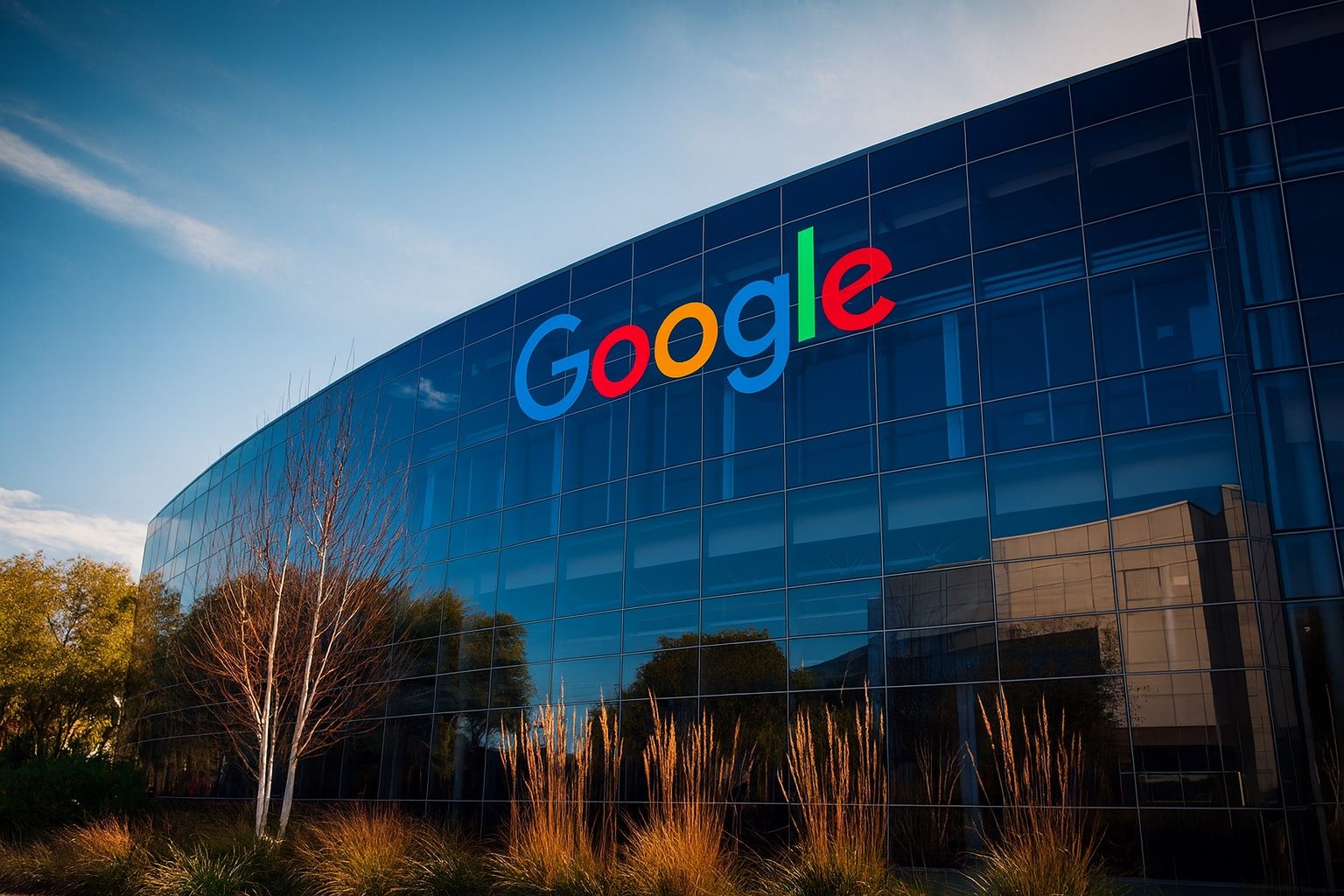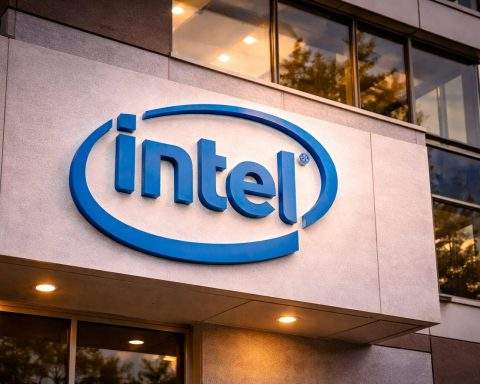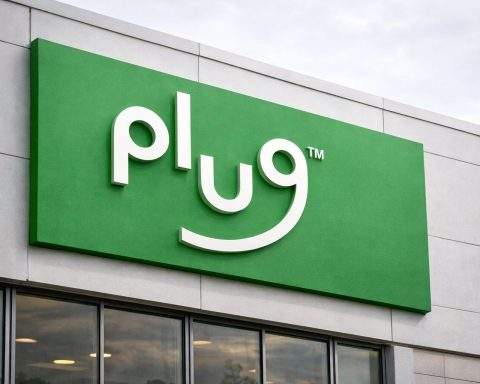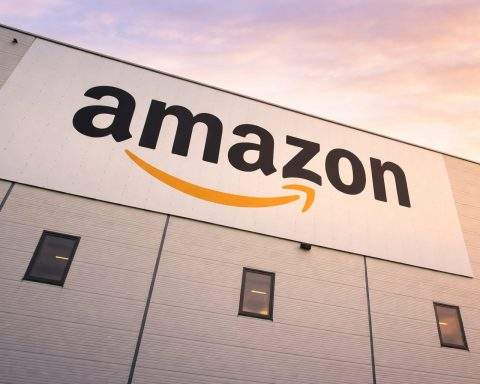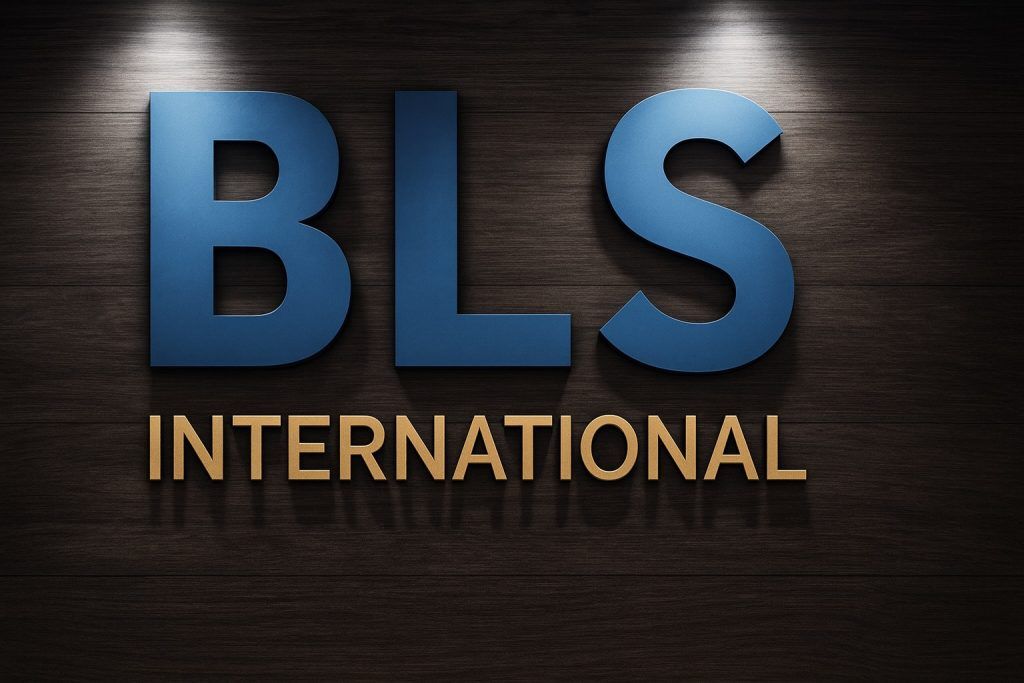- Historic Investment: Google announced its largest-ever India investment, ~$15 billion over five years, to build an AI/data center hub in Visakhapatnam, Andhra Pradesh blog.google investing.com. (India’s government had earlier cited ~$10 b over 1 GW capacity, ~188,000 jobs 1 .)
- AI Hub & Partners: The new hub will be a gigawatt-scale data center campus, powered by clean energy and anchored by a subsea cable gateway. Google is partnering with Bharti Airtel and AdaniConneX for fiber, power and land ndtvprofit.com blog.google. Airtel’s CEO Gopal Vittal hailed the project as “a defining moment in India’s digital future,” combining world-class AI infrastructure with local talent timesofindia.indiatimes.com 2 .
- Government Support: India’s IT minister Nara Lokesh celebrated the deal as “just the beginning” for India’s AI ambitions tipranks.com. Prime Minister Modi called it a “powerful force” for democratizing AI and vowed “AI for All” economictimes.indiatimes.com economictimes.indiatimes.com. The project aligns with India’s “AI-first nation” vision and 2047 growth goals blog.google 3 .
- Big Tech in India: Amazon Web Services plans ~$8.2B cloud investments in India reuters.com, and Microsoft announced a $3B India cloud/AI investment in early 2025 news.microsoft.com. Analysts note Google’s move is part of an AI infrastructure race: OpenAI is also scouting a 1 GW India data center ts2.tech, while AWS and Microsoft expand capacity tipranks.com 4 .
- Market & Stocks: Alphabet (Google) shares traded around $240–245 mid-Oct 2025, rising ~3.2% on Oct 13 investing.com amid the news. Airtel shares were ~₹1,955 (₹1955.05 close Oct 13) livemint.com. Analysts rate Alphabet “Strong Buy” with an average target ~$256 (≈5% upside) tipranks.com, reflecting confidence that the India push will boost long-term growth.
Google’s Record AI Investment and India Hub
On Oct 14, 2025, Google Cloud CEO Thomas Kurian and Indian officials unveiled Google’s first AI hub in India – a massive investment of about $15 billion over five years blog.google investing.com. Google calls it its “largest investment in India to date” blog.google. The centerpiece is a 1‑gigawatt data center campus in Visakhapatnam, planned to scale to multiple gigawatts. This will be backed by new power lines, clean energy plants, and a major subsea cable landing station. In Kurian’s words, this will be “the largest AI hub that we are going to be investing in anywhere in the world outside of the United States” investing.com economictimes.indiatimes.com. The project will deploy Google’s full AI stack – from custom TPU/GPU servers to cloud AI services – and aims to accelerate India’s AI mission investing.com 5 .
Google has teamed with local partners: Bharti Airtel will build high-speed fiber networks connecting the hub, and AdaniConneX (Adani Enterprises’ data center JV) will co-develop the campus ndtvprofit.com blog.google. Airtel’s Gopal Vittal praised the tie-up as “a defining moment in India’s digital future,” saying it lays “the foundation for India to become a leader in the AI-driven era” tribuneindia.com timesofindia.indiatimes.com. Thomas Kurian highlighted that working with Airtel and Adani will provide “the kind of reliable, advanced infrastructure necessary” for Indian enterprises and startups to scale AI blog.google 6 .
In addition to compute infrastructure, Google is building a new eastern subsea cable gateway in Vizag. Multiple international cables will land there, enhancing global internet routes for India blog.google. Google says this will improve redundancy and boost the resilience of India’s digital backbone, complementing existing cable landings in Mumbai and Chennai blog.google. The entire project is built with energy efficiency in mind: Google promises new clean power generation and storage in Andhra Pradesh to run the hub sustainably 7 .
Strategic Significance for India and Beyond
This move comes as India positions itself as a global AI and cloud hub. Prime Minister Narendra Modi hosted Google’s announcement in Delhi, hailing the new AI hub as a “powerful force in democratising technology” economictimes.indiatimes.com. He emphasized “AI for All,” suggesting the hub will help spread AI’s benefits widely in India. Google noted that the investment aligns with India’s “Viksit Bharat 2047” vision and deepens U.S.–India tech ties blog.google. Indeed, Google’s announcement mentions that building this AI hub will create high-value jobs in India and stimulate related R&D in the U.S blog.google – framing it as a win-win in the global AI race.
Indian officials are eager for more. Andhra Pradesh’s IT minister Nara Lokesh said Google’s deal followed “a year of intense discussions,” and called it “just the beginning” of a broader partnership to fuel India’s digital growth tipranks.com. The state government has since declared plans to scale data-center capacity to 6 GW within three years economictimes.indiatimes.com. Lokesh estimates that every 1 GW of data center capacity creates roughly 200,000 jobs (direct and indirect) economictimes.indiatimes.com – far more than the 188,000 figure from earlier reports investing.com gurufocus.com. He urged India to “embrace” AI or risk being left behind 8 .
At the same time, India’s domestic tech giants are also expanding. Ambani’s Reliance and Adani have announced major data-center and cloud projects. Cloud research firm IDC forecasts India’s cloud services market will nearly triple from $8.3 billion in 2023 to about $24.2 billion by 2028 reuters.com. Observers note that Amazon’s AWS is investing ₹70,000+ crore (≈$8.2 b) into India’s Maharashtra state reuters.com, and Microsoft committed $3 billion in January 2025 for Indian cloud/AI infrastructure and skilling news.microsoft.com. These moves mirror Modi’s push for “AI-first nation” status news.microsoft.com and suggest that Google’s hub will plug into a rapidly growing local ecosystem.
Economic Impact and Infrastructure Build-Out
The Google-Airtel-AdaniConneX project is more than servers: it includes a vast network and energy build-out. Airtel will construct a high-capacity fiber grid around Vizag and link Google’s new underwater cables, dramatically increasing internet speeds and redundancy tribuneindia.com ndtvprofit.com. Google’s official blog notes that this expanded network “will drive digital inclusivity,” bringing AI-powered education, healthcare, and business solutions to more people and small enterprises nationwide blog.google 9 .
On the energy front, Andhra Pradesh officials are preparing for higher power demand. Renewable energy projects and transmission lines are planned to support the hub. The Google blog emphasizes collaboration on “new transmission lines, clean energy generation, and energy storage systems” blog.google. This dovetails with India’s clean energy goals; Google says its data centers are among the most energy-efficient globally, and the Vizag hub will expand the share of green power in India’s grid 7 .
Analysts note that this infrastructure forms a “global connectivity hub” on India’s east coast. By landing cables in Vizag, India gains a second international gateway (east coast) to complement the west coast (Mumbai), reducing latency to Asia-Pacific markets. In short, experts say Google’s hub could be a cornerstone of the region’s digital economy – enabling fast AI cloud services not just for India, but also for neighboring countries in Asia blog.google 10 .
Market Reaction and Stock Outlook
The announcement has drawn immediate market interest. Alphabet Inc. (GOOGL), Google’s parent, saw its stock price climb modestly. On Oct 13 (pre-market after-hours), Alphabet’s Class A shares were about $239.7 (up ~3.2% that day) investing.com. Year-to-date Alphabet stock was up ~29%, reflecting strong investor appetite for Google’s cloud and AI businesses. Airtel shares also ticked up – trading around ₹1,955 on Oct 13 livemint.com – as investors welcomed the long-term growth prospects from hosting Google’s mega-hub.
Financial analysts remain optimistic. On TipRanks, Alphabet has a “Strong Buy” consensus: of 38 analysts, 30 are Buy or Strong Buy, only 8 Hold tipranks.com. The average price target is $255.78, implying ~5% upside from current levels tipranks.com. Analysts cite Google’s booming Cloud segment and global AI leadership as tailwinds. One noted that Google recently raised its 2025 capital spending guidance to $85B (from $75B) to fuel cloud/AI growth 11 .
In India, Airtel’s bullish story is underpinned by this partnership. Airtel’s management points to rising enterprise demand and 5G/AI services. Airtel’s stock trades at ~₹1,947 as of Oct 14, just below its recent high of ~₹2,045 livemint.com. Brokers rate Airtel a “Buy” on average, betting on long-term subscriber and ARPU gains. Airtel itself forecasts a jump in data consumption and enterprise revenue once the Google hub is live.
On broader markets, India’s benchmark Sensex/Nifty indices dipped modestly on Oct 13–14 (likely profit-taking after earlier rallies) m.economictimes.com m.economictimes.com. But the Google news is seen as structurally positive for India’s tech sector. Morgan Stanley and others have predicted that data-center FDI will accelerate India’s GDP growth by ~0.1–0.2% annually and create hundreds of thousands of jobs. (As Andhra’s minister Lokesh put it, 1 GW of new data-center capacity yields ~200k jobs economictimes.indiatimes.com.) In sum, analysts say Google’s hub will underpin a “data-center supercycle” in India and should benefit both global tech stocks and local infrastructure firms.
Expert Perspectives & Future Outlook
Industry experts praise the deal’s timing. Google CEO Thomas Kurian described it as “landmark,” noting it anchors AI infrastructure in India while supporting US-India tech ties blog.google. Google CEO Sundar Pichai (via a social media post) celebrated “a gigawatt-scale compute capacity, a new international subsea gateway, and large-scale energy infrastructure,” calling it a milestone for “accelerating AI innovation and driving growth across the country” economictimes.indiatimes.com. Airtel’s Vittal envisioned Vizag as a new global AI hub, “ensuring India has the opportunity to set the pace for innovation, digital inclusion and economic growth – not just for our people, but for the world” 12 .
Global competition in AI infrastructure is intensifying. Our research found that OpenAI is also moving into India: it has registered a subsidiary and is planning at least 1 GW of capacity, with CEO Sam Altman expected to visit soon ts2.tech. Microsoft and Amazon continue to pour billions into Indian cloud capacity reuters.com news.microsoft.com. TS2.tech observes that Indian data-center projects are booming: “OpenAI’s India plans align with a broader strategy to spread AI computing capacity worldwide” 13 .
Looking ahead, forecasters expect a virtuous cycle. With Google and peers committing huge spend, Indian startups and companies will gain access to world-class AI services locally, enabling new applications in biotech, fintech, agriculture, etc. Consulting firm McKinsey projected India’s AI market could grow to $1 trillion by 2030 if infrastructure and skills catch up. Google’s hub – combined with planned local accelerators and talent programs – could fast-track that vision. As one analyst put it, in the AI era, “data is the new oil,” and India is racing to build the refineries. (As Andhra’s Lokesh said, India must “embrace” AI or risk being “replaced by it” 8 .)
Sources: Google press releases and blog blog.google ndtvprofit.com; Reuters and Yahoo Finance reports investing.com gurufocus.com; Economic Times, NDTV and Tribune news stories economictimes.indiatimes.com timesofindia.indiatimes.com tribuneindia.com; Airtel and Microsoft official statements news.microsoft.com tribuneindia.com; market data and analyst reports (TipRanks, Investing.com) investing.com tipranks.com. All figures are current as of mid-Oct 2025.
